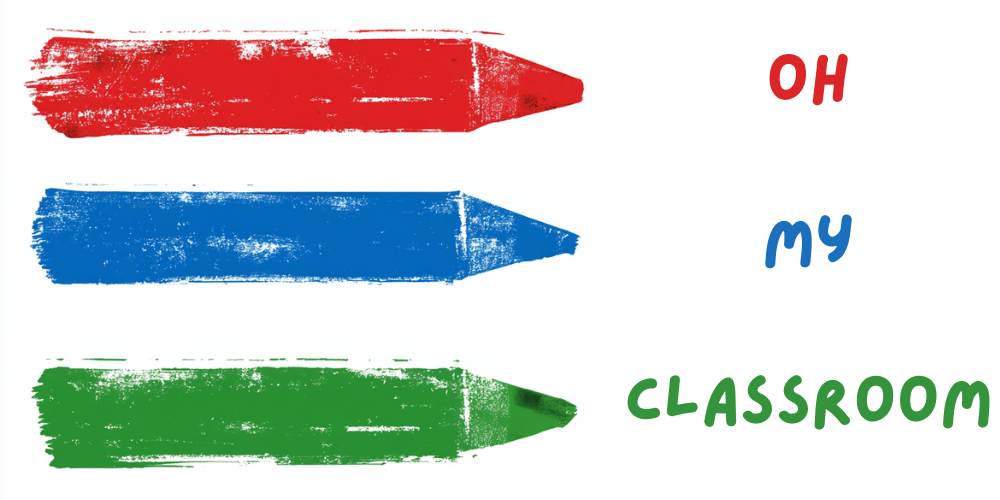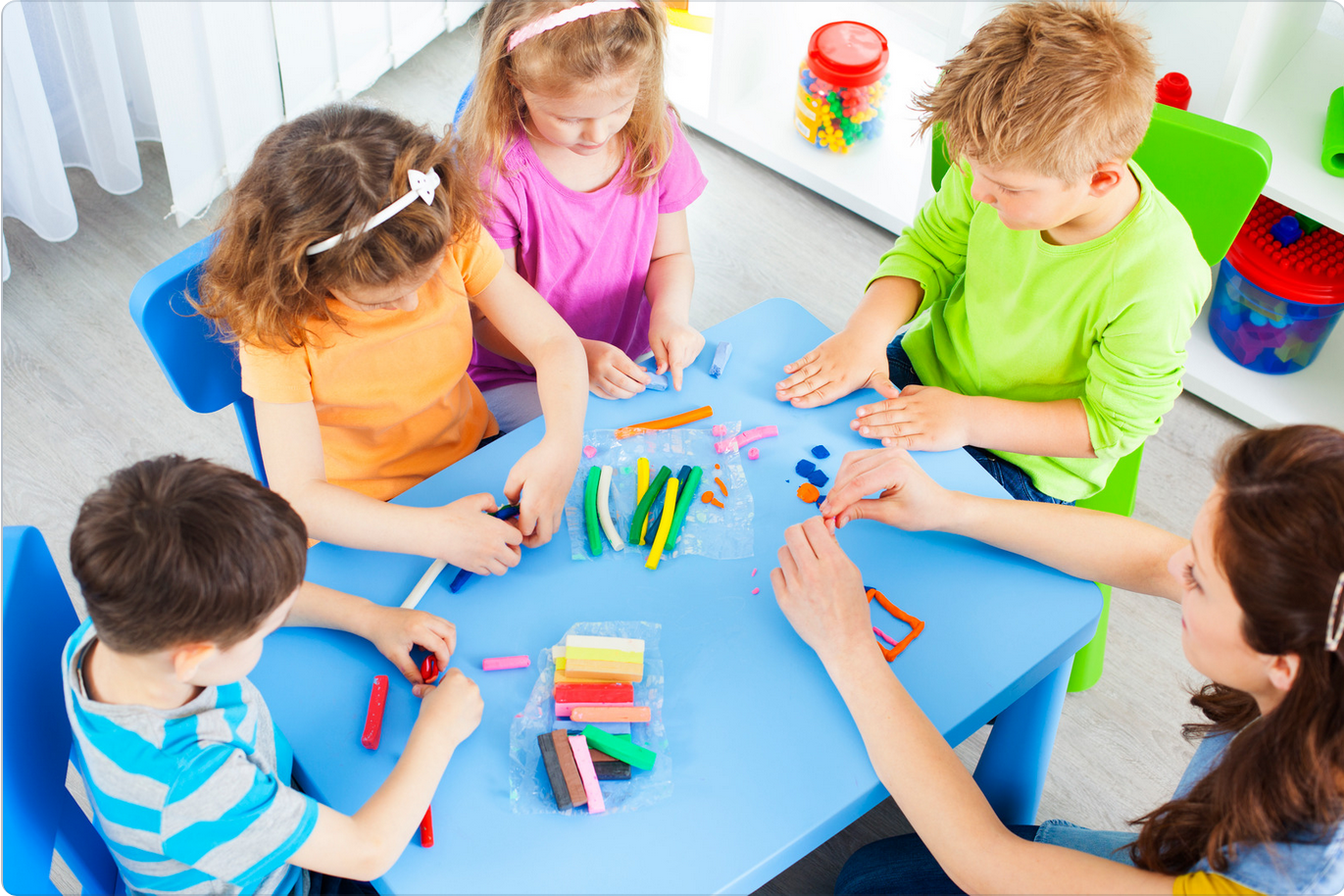Cognitive development is a crucial aspect of a child’s growth and has a significant impact on their future academic and personal success.
The preschool years are a critical time for cognitive development as children’s brains are rapidly developing, and they are constantly learning new things.
As parents and caregivers, it’s essential to promote cognitive development in preschoolers.
In this blog post, we’ll explore some of the best ways to promote cognitive development in preschoolers and provide practical tips and ideas for parents and caregivers to support their child’s cognitive growth.
Importance of Cognitive Development in Early Childhood
Cognitive development is one of the most important aspects of early childhood development.
It refers to the process of acquiring and mastering intellectual skills such as memory, language, problem-solving, and critical thinking.
Although cognitive development begins in infancy, it continues throughout childhood and into adolescence.
Cognitive development is important because it lays the foundation for all future learning.
Children who have strong cognitive skills are more likely to be successful in school and in life.
They are better able to understand and remember information, solve problems, and think critically.
In addition, cognitive development helps children develop a sense of self-awareness and an understanding of the world around them.
Related: Learning Centers in Early Childhood Classrooms
25 Cognitive Development Activities for 3 – 5 Year Olds
Cognitive development activities for 3-5-year-olds are essential in preparing children for academic and personal success.
These activities help develop critical thinking skills, memory, problem-solving, language development, and creativity.
As children’s brains are rapidly developing during this age, it is vital to provide a wide variety of activities that promote cognitive development.
Sorting activities:
Sorting activities such as sorting objects by color, shape, size, or category help develop classification skills. For example, sorting blocks of different shapes and sizes into separate bins. This activity encourages children to identify similarities and differences and learn to categorize objects based on specific characteristics. It also helps improve their attention to detail and fine motor skills.
Puzzles:
Puzzles are an excellent way to develop problem-solving skills and hand-eye coordination. For example, wooden puzzles with pieces that fit together. This activity encourages children to think critically and develop their cognitive skills by recognizing shapes, sizes, and patterns. It also helps improve their problem-solving abilities, concentration, and patience.
Memory games:
Memory games such as matching pairs of cards or identifying hidden objects help develop memory and concentration skills. This activity improves children’s ability to retain and recall information, which is essential for academic success. It also helps improve their focus, attention span, and overall cognitive abilities.
Reading:
Reading books together and asking questions about the story helps develop language and comprehension skills. This activity introduces children to new vocabulary, encourages them to ask questions and express themselves. It also helps develop their imagination and critical thinking skills.
Related: Effective Tips to Improve your Reading Comprehension Skills
Writing and drawing:
Writing and drawing activities such as tracing letters and shapes or drawing pictures help develop fine motor skills and creativity. This activity encourages children to express their thoughts and ideas and improves their hand-eye coordination and fine motor skills. It also helps them develop their creativity and imagination.
Related: How to Teach a Child to Write their Name
Related: 50 Free Writing Prompts for Kindergarten
Playing with blocks:
Playing with blocks of different shapes and sizes helps develop spatial awareness and problem-solving skills. This activity helps children understand spatial relationships, practice counting and sorting, and encourages them to use their imagination to create new structures.
Board games:
Board games such as Snakes and Ladders or Checkers help develop counting, turn-taking, and strategic thinking skills. This activity teaches children how to take turns, follow rules, and make decisions. It also helps improve their numeracy skills and strategic thinking abilities.
Playing with Play-Doh:
Playing with Play-Doh helps develop fine motor skills and creativity. This activity encourages children to use their imagination and improves their hand-eye coordination and fine motor skills. It also provides sensory stimulation and helps them explore different textures.
Counting activities:
Counting activities such as counting objects or identifying numbers help develop numeracy skills. This activity helps children understand numbers and counting, which is crucial for their academic success. It also encourages them to explore and experiment with numbers.
Legos:
Building with Legos helps develop spatial awareness and problem-solving skills. This activity helps children understand spatial relationships and encourages them to use their imagination to create new structures. It also improves their fine motor skills and hand-eye coordination.
Cooking:
Cooking activities such as measuring ingredients and following recipes help develop mathematical and sequencing skills. This activity teaches children how to measure and follow instructions, and it also helps them understand the importance of healthy eating.
Music and movement:
Music and movement activities such as dancing and singing help develop coordination and language skills. This activity encourages children to express themselves and improves their coordination and balance. It also helps them develop their language and communication skills.
Related: 10 Music and Movement Activities for Toddlers & Preschoolers
Gardening:
Gardening activities such as planting seeds and watering plants help develop scientific and observational skills. This activity teaches children about the natural world and helps them understand how plants grow. It also encourages them to be patient and responsible.
Playing with puppets:
Playing with puppets helps develop storytelling and social skills. This activity encourages children to use their imagination and creativity to tell stories. It also helps them develop their social skills by practicing communication and collaboratio
Role-playing:
Role-playing activities such as playing house or doctor help develop imagination and social skills. This activity encourages children to use their imagination and creativity to act out different scenarios. It also helps them develop their social skills by practicing communication, empathy, and cooperation.
Science experiments:
Science experiments such as mixing colors or making volcanoes help develop scientific and observational skills. This activity teaches children about cause and effect and encourages them to ask questions and make predictions. It also helps them develop their critical thinking and problem-solving abilities.
Matching activities:
Matching activities such as matching shapes, colors, or objects help develop cognitive and memory skills. This activity encourages children to recognize patterns and similarities and improves their memory and concentration. It also helps them develop their attention to detail and observation skills.
Treasure hunts:
Treasure hunts help develop problem-solving and observation skills. This activity encourages children to use their
Play with magnets:
Playing with magnets can help develop scientific and problem-solving skills. Children can use magnets to experiment with the properties of different objects, and they can learn about the concept of attraction and repulsion.
Drawing mazes:
Drawing mazes can help develop problem-solving and spatial reasoning skills. Children can create their own mazes or solve existing ones, which requires them to think ahead and plan their movements.
Sensory play:
Sensory play can help develop cognitive and sensory processing skills. Children can explore different textures, smells, and tastes through activities such as finger painting or playing with play dough.
Jigsaw puzzles:
Completing jigsaw puzzles can help develop problem-solving and spatial reasoning skills. Children must analyze the puzzle pieces and figure out how they fit together.
Building with blocks and straws:
Building with blocks and straws can help develop spatial reasoning and engineering skills. Children can experiment with different structures and learn about the properties of different materials.
Storytelling:
Storytelling can help develop language and communication skills. Children can use their imagination to create stories and practice their storytelling abilities.
Educational apps and games:
Educational apps and games can help develop cognitive skills such as problem-solving, memory, and spatial reasoning. There are many apps and games available that are specifically designed to promote cognitive development in young children.
Conclusion
Promoting cognitive development in preschoolers is essential for their future success.
There are many ways to do this, and the tips we’ve shared should help get you started.
We hope you will take some of these ideas and use them in your own classroom or home environment.
With a little effort, you can help your child reach his or her full potential!
What strategies have you found to be most effective in promoting cognitive development in preschoolers? Let us know.
References
- Diamond, A., & Lee, K. (2011). Interventions shown to aid executive function development in children 4 to 12 years old. Science, 333(6045), 959-964.
- Lillard, A. S., & Else-Quest, N. (2006). The early years: Evaluating Montessori education. Science, 313(5795), 1893-1894.
- Rueda, M. R., Rothbart, M. K., McCandliss, B. D., Saccomanno, L., & Posner, M. I. (2005). Training, maturation, and genetic influences on the development of executive attention. Proceedings of the National Academy of Sciences, 102(41), 14931-14936.
- Levine, S. C., Ratliff, K. R., Huttenlocher, J., & Cannon, J. (2012). Early puzzle play: A predictor of preschoolers’ spatial transformation skill. Developmental Psychology, 48(2), 530-542.
These studies demonstrate the benefits of various cognitive development activities, including Montessori education, executive function training, puzzle play, and language-based activities.

